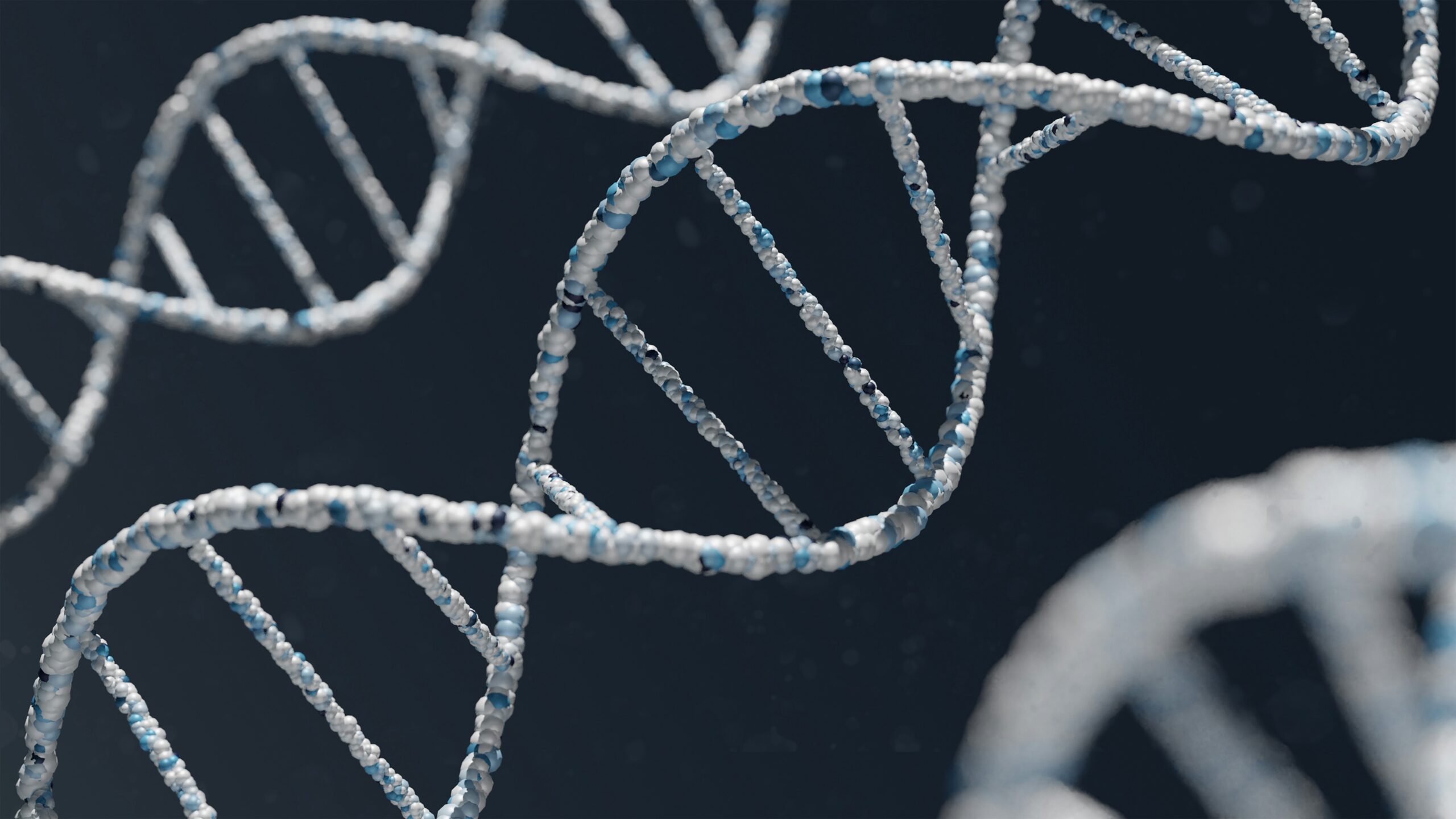A genetic screening study of over 200 autistic New Zealanders found almost 30% had genes that are ‘causal’, or ‘likely causal’, of autism.
The research, based on DNA samples from the participants, as well as 101 non-autistic family members, used screening procedures currently not widely available in Aotearoa. The rate of genetic diagnosis was similar to those reported by other larger studies overseas.
The authors say that having a conclusive genetic diagnosis can help with personalised healthcare, access to support services, and screening for co-occurring health conditions.
The Science Media Centre asked authors and third-party experts to comment.
Dr Jessie Jacobsen, Senior Lecturer in the School of Biological Sciences, University of Auckland, and an author of this paper, comments:
“One of the important aspects of this research is that our genetic approach is successful for autistic individuals regardless of neurological differences, including adults who grew up prior to autism being widely recognised. Our discoveries have had life-changing impacts for individuals and their whānau, including personalised clinical management for co-occurring conditions.
“Importantly, for some families, having a precise genetic answer marked the end of a long search for an accurate diagnosis. Our current and future work will improve long-term clinical, social, and educational opportunities for individuals and families, supporting their wide range of skills, interests, and personalities.”
Conflict of interest statement: Dr Jacobsen is an author of the paper.
Dr Hiran Thabrew, Child psychiatrist and Paediatrician, Te Ara Hāro – Centre for Infant, Child and Adolescent mental health, University of Auckland, comments:
“Why, if you are Autistic, does it matter what genes you possess? The reason that over 200 children and adults from across Aotearoa volunteered to participate in this study of known causal and likely causal genes for Autism is that understanding why they are neurodiverse can be helpful.
“It can help to know why one experiences the world in a different way to others, to which physical and mental health issues one might be more prone and to counter multiple issues that lead to increased health service use and double the rate of death by early adulthood.
“Arguing for a broadening of genetic testing for Autistic individuals using flexible and customised gene sequencing, the results of the study by Musgrave and colleagues also suggest that genetic testing is more likely to yield dividends among those experiencing comorbid health issues.
“We are nowhere near personalising care for Autistic individuals on the basis of genetic testing, especially in Aotearoa’s under-resourced publicly funded health services. However, understanding genetic profiles and their clinical associations are vital steps on the journey.”
No conflict of interest declared
